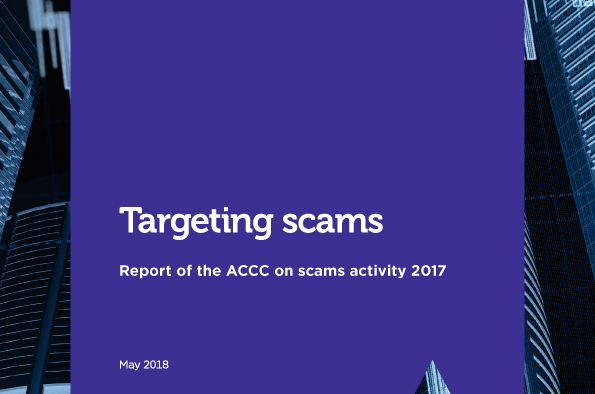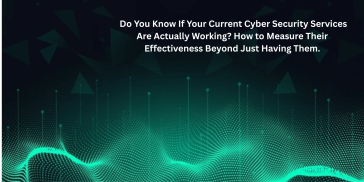The Australian Competition and Consumer Commission (ACCC) has released its annual Targeting Scams report, as part of Scams Awareness Week. The Scams report reveals that in 2017 Australians lost $340 million to scammers, a $40 million increase compared to 2016 and the largest reported loss since the ACCC began reporting on scam activity.
Investment scams topped the losses at $64 million, an increase of more than 8 per cent. Dating and romance scams caused the second greatest losses at $42 million.
ACCC Deputy Chair Delia Rickard said, “It’s very worrying that Australians are losing such extraordinary amounts to scammers.”
“Some scams are becoming very sophisticated and hard to spot. Scammers use modern technology like social media to contact and deceive their victims. In the past few years, reports indicate scammers are using aggressive techniques both over the phone and online.”
For example, scammers pretend to be from government agencies or well-known service providers and threaten people with fines, prison time or loss of benefits if they don’t do what the scammer is asking.
Scamwatch received almost 33,000 reports of these threat-based impersonation scams in 2017. Over $4.7 million was reported lost and more than 2,800 people gave their personal information to these scammers.
This Scams Awareness Week, we’re urging people to stop and check ‘Is this for real?’ when they’re contacted by scammers who pretend to be from well-known government organisations or businesses.
How do I protect myself?
- When dealing with unexpected contact from government agencies or trusted businesses—whether by phone, email or through social media—always consider the possibility that it may be a scam.
- Don’t be pressured by a threatening caller. Hang up, then check whether their story is real. You can verify the identity of the contact through an independent source, such as a phone book or online search. Don’t use the contact details provided by the caller or in the message they sent to you.
What if I’ve been scammed?
If you’ve lost money or given personal information to a scammer, there are steps you can take straight away to limit the damage and protect yourself from further loss:
- If you’ve sent money or shared your banking or credit card details, contact your bank immediately. They may be able to stop or reverse a transaction, or close your account.
- If you realise you’ve accidently given your personal information to a scammer, visit IDCARE, Australia’s not-for-profit national identity and cyber support service. IDCARE can support you through the process and develop a specific response plan to your situation.
- As scammers are often based overseas, it is extremely difficult to track them down or take action against them. So take the time to warn your friends and family about these scams.
For more information, please visit: www.staysmartonline.gov.au




